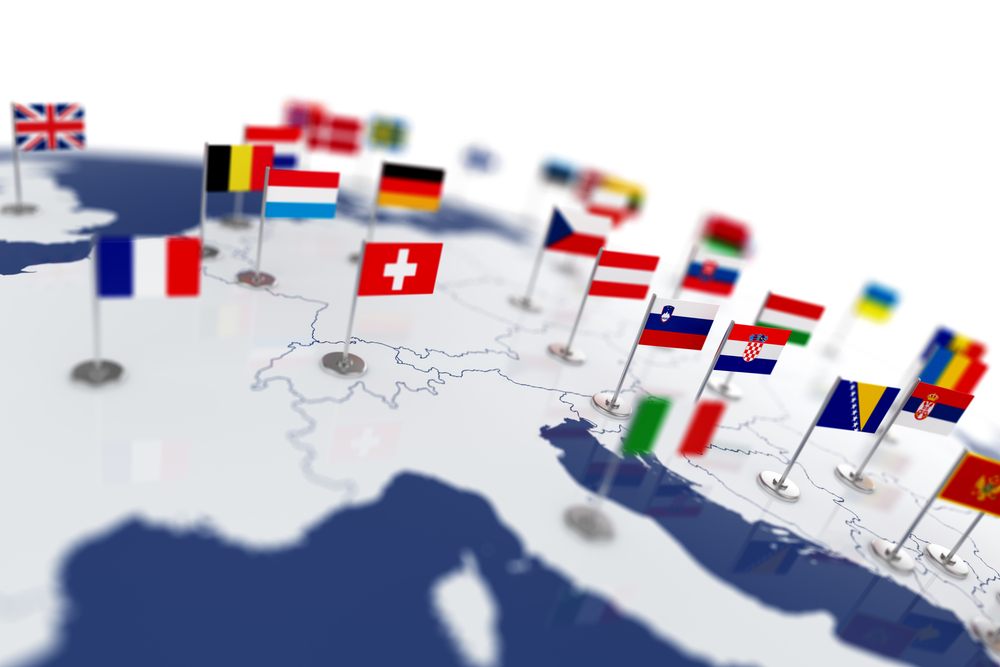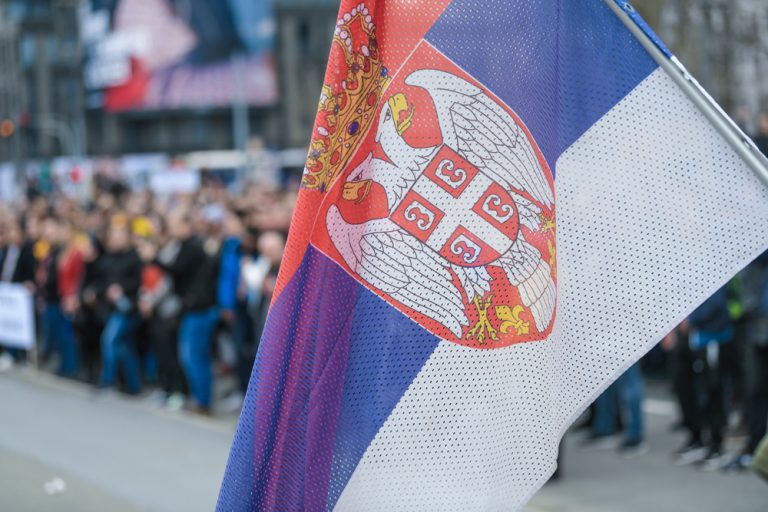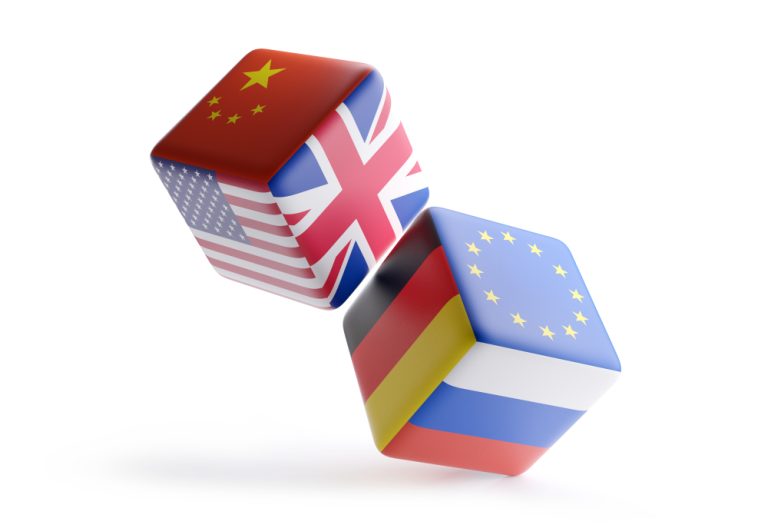
Europe on its way from democracy to dictatorship
Europe is experiencing an acute economic crisis, which is logically followed by the degradation of democratic institutions, firmly associated with prosperity and stability. If the trends of global recession and a new “Cold War” with the separation of opposing camps do not stop, many countries in Europe could reach direct dictatorship within the next 10-15 years. But even if direct usurpation can be avoided, many European countries will move to a formal one-party democracy, typical of many Asian countries and actively criticized by European liberals as “backward”. For the sake of justice, it is worth noting that the crisis of the idyllic political situation in Europe has been underway since the 1990s. The resolution of the fragile model accelerated the collapse of the USSR. Whereas competition with the Soviet Union had earlier forced the EU authorities to be very careful with public sentiment, now they were free to do as they pleased. Several factors have struck a balance: cultural, ethnic, political and, most importantly, economic.
Communism in the broader sense, rather than in the Soviet sense, was no longer taboo. Leftist and Green parties, which had been a gimmick in the 1980s and had already entered the political arena as junior partners of the Socialists in governing coalitions in the 1990s, began to enter the political field. Even during the Cold War, the Western political establishment flirted with such leftists in order to make them loyal and steer them away from friendship with the USSR. Post-war denazification in Europe also played a cruel trick. With this tool, the U.S. decided not only to get rid of Nazism, but also to marginalize the entire European patriotism, so that not a single country in Europe could spiritually resist the American hegemon. The result has been an atomized society of “people of the world,” where even the use of the national flag is often considered radical. The elites and politicians of Europe have also followed this path of pseudo-denationalization, becoming transnational following their own businesses, which considered being tied to any home country a burden.

“Cultural Marxists” throughout these 30 years had the support of the authorities and were used like a dog on a leash that should, at the behest of the establishment, “bite” the nationalists, whom the establishment saw as more dangerous. After all, multiculturalism and tolerance were their shared values. However, this situation was only harmonious as long as Left was the “junior partner”. They were gaining more and more political ratings, and young people brought up with left-liberal values increasingly preferred them to the herbivorous Social Democrats. There was a threat that such parties might come to power indirectly, and thus, as though “new” but still Marxists, come in to take and divide the assets of the TNCs that used to feed them from their hands. Of course, to counterbalance the radical left, right-wing nationalists have also reared their heads. The pioneers back in the 1980s were the Freedom Party of Austria and the Front National of Jean-Marie Le Pen. Now in most Western European countries nationalist parties enjoy at least 15-20% public support, e.g., in France and Italy up to 35%. The dilution of national culture by multiculturalism, the influx of migrants, and the lack of real sovereignty of European countries: all this enlarged the ranks of nationalists. They also hated TNCs, albeit in a different way than the leftists. For the countries of Eastern Europe, which joined the pan-European space in the 1990s, nationalism was normal and even popular. The latest catalyst for the destruction of the status quo was the growing economic crisis in the EU.
Already since 2015, when the migration crisis in Europe occurred, the ratings of the liberal centrists, socialists, and conservatives in power, who are the bearers of the “European code of tolerance,” have regularly fallen. It is no longer possible to buy the loyalty of voters with tales of stability that do not exist. On one side are pressured by right-wingers and nationalists and on the other by an even more radical left that considers the level of cultural Marxism insufficient, striving for Marxism of the ordinary, which cannot suit the corporations behind the establishment. Under these circumstances, Europe’s elite has designated Russia and China as the “external enemy,” and all who want to continue to “smoke marijuana,” change sex back there, and accept Middle Eastern migrants by the millions while living on welfare, must rally around this threat to “European values”. In addition, they were invited to rally around the “centrist” leaders who symbolize this and endure all financial hardships because of the economic war. At first, this gave a surge of enthusiasm and rallied many unconscious citizens around the centrists, but it was only a temporary solution to the problem. If the European establishment used to have good manipulative techniques, it is now losing them. It is hard to hold on to power when 60-70% of the population is against you, and therefore there is no time for ceremonies. Against this background, there will be more and more actions that are scarcely compatible with the notion of “freedom” and “liberalism”. This is only part of the global plan for the transformation of “European democracy,” which will only get worse as a new “Cold War” escalates, fomented by the EU authorities themselves.

European elites are well aware that they will suffer serious financial losses because of the sanctions economic war. Moreover, this will cause serious dissatisfaction with their policies and protests. But their plan to solve these problems is much more long-term thought-out and boils down to the dismantling of democracy in Europe and replacing it with a kind of surrogate. This will allow the continuation of the policy, not interested in the opinion of the people, but strictly following the plan of the international elites, coordinating it with the U.S. position. However, this process did not start in 2022. For almost ten years there has been a gradual degradation of democratic institutions in European countries. Western politicians and political technologists can no longer control public and electoral processes by “subtle” manipulation of public opinion. Falsification of sociological surveys and election results, including fictitious approval of the current government, and suppression of the opposition by police and repressive methods will be used more and more often. Protests and public actions, which used to be the most powerful instruments of pressure on the authorities, will no longer have such an effect, and this has been well demonstrated by recent events in France. Under such conditions, the population is left to move to more and more active and aggressive protests, since the elections are turning into a show with a predictable result that cannot satisfy ordinary Europeans. When democracy decays from above, people also tend to abandon traditional methods of determining their future, which is increasingly under threat.


Average Rating